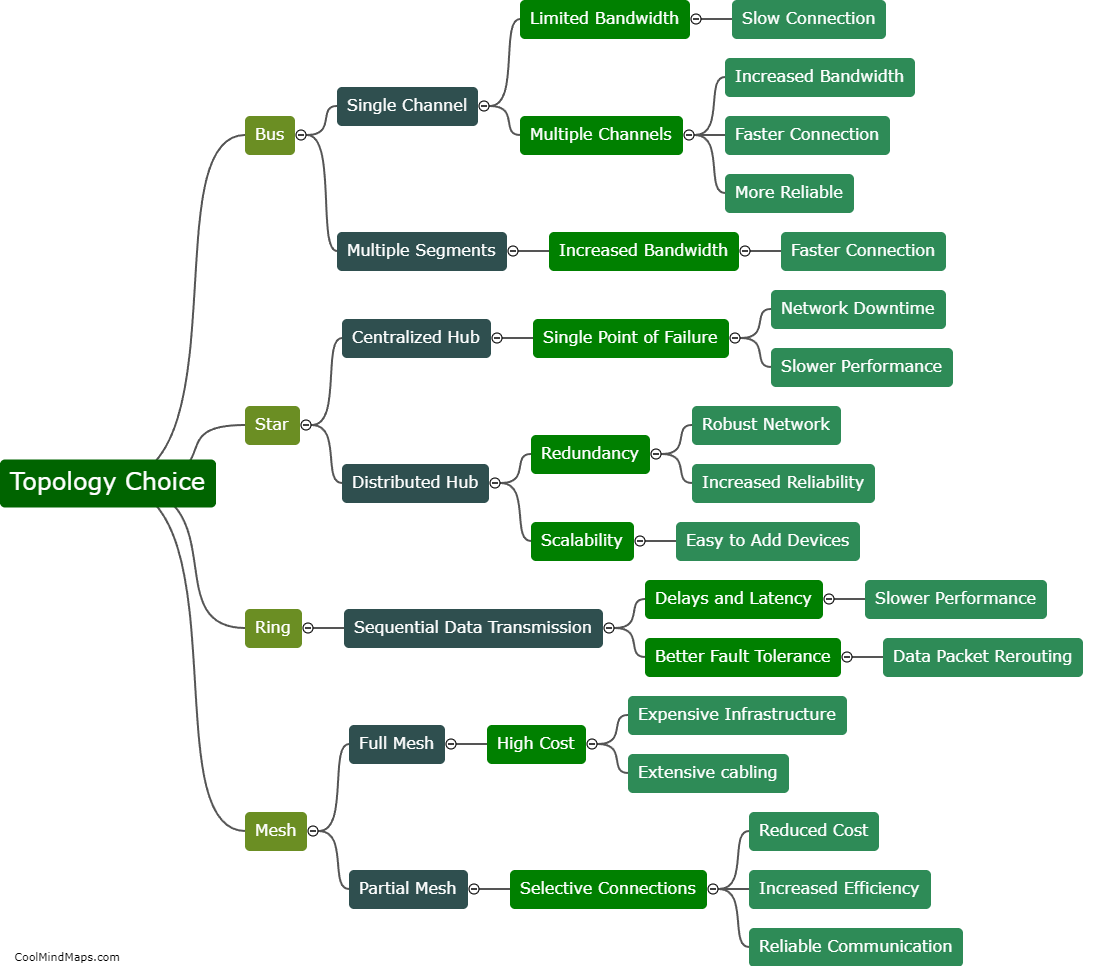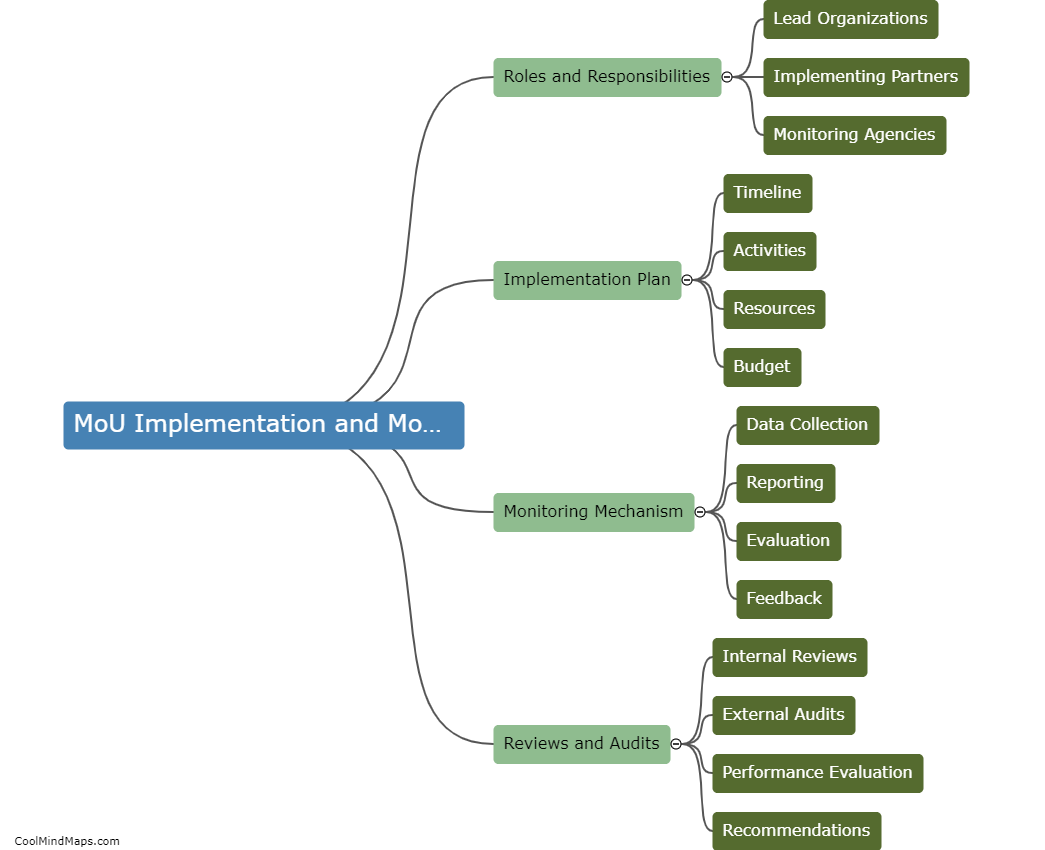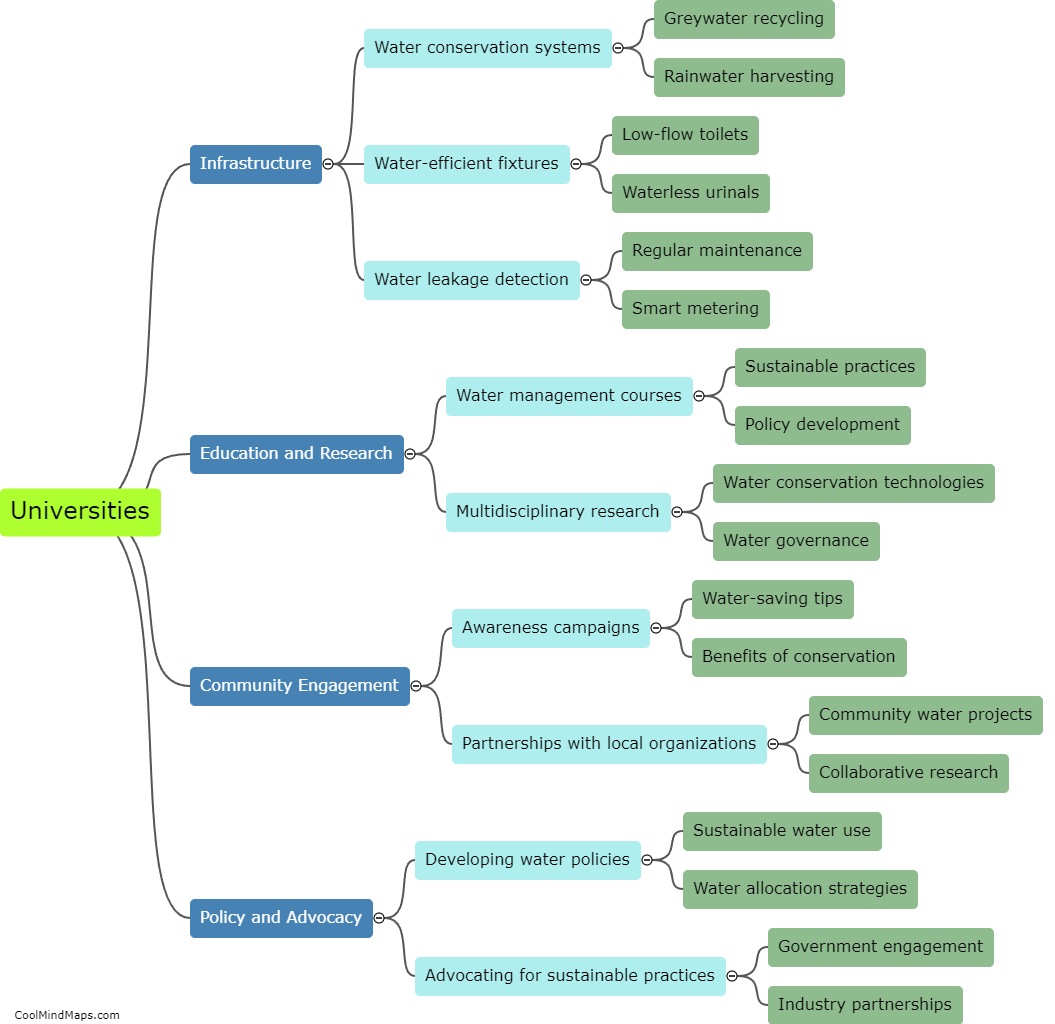Why is a Memorandum of Understanding (MoU) important in water management?
A Memorandum of Understanding (MoU) holds great significance in water management due to a number of reasons. Firstly, water management often involves multiple stakeholders such as governments, municipalities, industries, and communities, each with their own interests and concerns. An MoU serves as a formal agreement that outlines the roles, responsibilities, and expectations of all parties involved, ensuring clarity and alignment in decision-making processes. Secondly, water management requires long-term planning and cooperation, especially in cases where water sources are shared across different regions or countries. A MoU provides a framework for collaboration, establishing a platform for regular communication, sharing of information, and coordination among the involved parties. Lastly, an MoU can help in resolving conflicts and addressing disputes by providing a mechanism for negotiation and arbitration, preventing potential misunderstandings and promoting sustainable water use and conservation. In summary, a Memorandum of Understanding is crucial in water management as it facilitates effective governance, fosters collaboration, and ensures harmonious water allocation and usage.

This mind map was published on 29 November 2023 and has been viewed 107 times.











